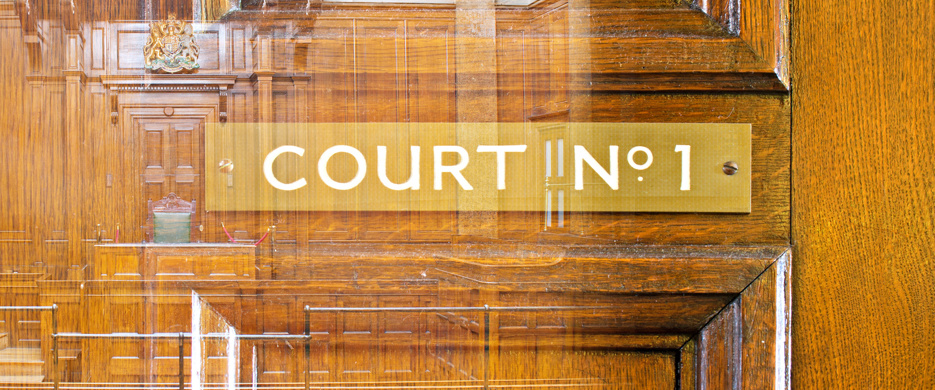
Historic Supreme Court Ruling
On 18th April 2018 the Supreme Court allowed the appeal in the matter of Morris-Garner and another (Appellants) v One Step (Support) Limited (Respondent). This judgement which can be found on the supreme court website clarifies and determines the remedies of damages in certain types of disputes and confirms that the underlying principle for the award of damages in breach of contract claims is to restore the non-defaulting party to the position that they would have been if the breach had not occurred. If no loss was suffered then no damages are owing. It is also now clear that other than in very exceptional circumstances contract law damages cannot simply be awarded to deprive the wrongdoer of profits that they have enjoyed by virtue of their breach.
The previously named “Wrotham Park damages” have been renamed and shall now be referred to as “negotiating damages”. Negotiating damages are awarded by implying a hypothetical release fee which is implied at such rate as the parties acting reasonably would have paid and accepted for the wrongdoer to buy themselves out of their contractual obligations/restrictions. Negotiating damages are now available only in cases where a party has suffered loss of a right, which can be considered an asset and the “imaginary negotiation” is needed to decide the value of that asset that has been lost. However the “imaginary negotiation” and consideration of the “hypothetical release fee” are merely tools that the court can use to determine the loss that has been suffered.
The Morris-Garner case, which Neves has been involved with for over nine years, concerns restrictive covenants entered into on the sale of a company. Following trial, the High Court found that the restrictive covenants had been breached and that the Claimant company was entitled to damages. The Claimant pleaded that it would be difficult for them to quantify their loss and therefore claimed damages on a Wrotham Park basis. The trial judge allowed that claim and gave the Claimant’s an option to elect for conventional damages or damages on a Wrotham Park basis. The Claimants elected for the latter. Whilst acknowledging that Wrotham Park damages in such cases would give rise to overstated damages being awarded, the Court of Appeal refused the Defendant’s appeal and upheld that trial judge’s order.
The Supreme Court has now, in what has been an eagerly awaited Judgment by both the legal and academic world, overturned the position in both the High Court and the Court of Appeal, stating that the Claimant’s claim is that they suffered loss of financial profit and goodwill. Whilst it may not be easy to quantify the Supreme Court stated that it is not an unusual type of loss and the courts are very used to calculating the financial amount of such loss. It is also confirmed that the breach of restrictive covenants contained within contracts do not amount to the loss of a valuable asset and the exceptional availability of negotiating damages are not therefore available.
If it were not for the Supreme Court’s intervention in this case then the position confirmed by the Court of Appeal could quite legitimately have opened the floodgates for overinflated damages claims in, what are quite common, restrictive covenant breach claims. This could have extended beyond the commercial arena of the current case and entered the field of employment law where key employees are routinely required to enter into non-compete and non-trading covenants as part of their employment contracts.
This case has been a long hard slog for our clients and one that has dominated our litigation department for many years. We are delighted and very grateful to our clients for allowing us to be involved in such an historic case, which will be found in the law books for many years to come.
You can watch a video of the Supreme Court hearing in which Lord Reed summarised the case and handed down Judgment.

